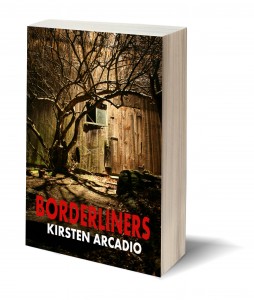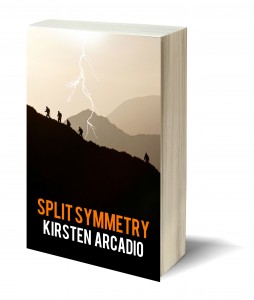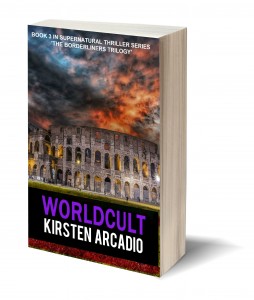Having just read another article about the biggest pitfalls to avoid in the opening pages of a story or a novel, I felt inspired to share my own list which I’ve been putting together during my novel redraft process. Most of these I’ve come across over and over again on agents’ blogs or writers’ communities. Some of them I was explicitly told not to do on my Faber Academy Writing a Novel course, which I completed earlier this year.
My top ten opening ‘no nos’
- No dream sequences. I did this one, as did a few of my writing course colleagues. We all – very hurriedly – rewrote after one article about agent pet hates went round our online forum
- No prologues. Yep, did this as well. Also now OUT
- Insufficient info about the main protagonist(s) (as in how old are they – my beta readers kept saying, ‘hmm thought she was about 40 but then I read on p.100 she was only 25′
- Too much backstory. VERY tricky to get this one right. My Faber tutor told me to put my ‘foot on the accelerator and don’t take it off for at least the first ten pages’ (so no backstory in the first chapter if possible)
- Protagonist looking in the mirror – BORING. And other such clichéd devices
- Not enough info about the story world – where, when, who, what, why. These are the basics but I was interested to see how few of them I had in the first few versions of my carefully crafted first ten pages. It seems that trying to be clever doesn’t quite work
- False suspense. This kind of falls into the ‘don’t start the story twice’ category. I do this a lot in my attempts to hook readers in different and intriguing ways. Whatever you do, the suspense must lead up to the main event somehow
- Too many points of view, especially if some of the povs are dropped early on.
- Misleading contract with the reader ie the first few pages indicate a different kind of a book in tone, genre or protagonist than you actually deliver. Kind of done this one too – busy rectifying
- Problems with pace. Also tricky.
On a fairly well-known author’s blog I read that some editors will automatically scrap the first chapter on a new manuscript and make them rewrite after the rest of the ms has been edited and worked over. This approach would work well for me. Once armed with the rules and techniques for writing great story-openings, it is easier to write the beginning with the end in mind.





Fantastic post! I agree with every one of your points. Thanks for linking back to my post. I’m glad you enjoyed it!
Reblogged this on Such A Beautiful Disaster and commented:
better save this, sounds like good solid advice could be in this post!!!!
Sure, sounds good.